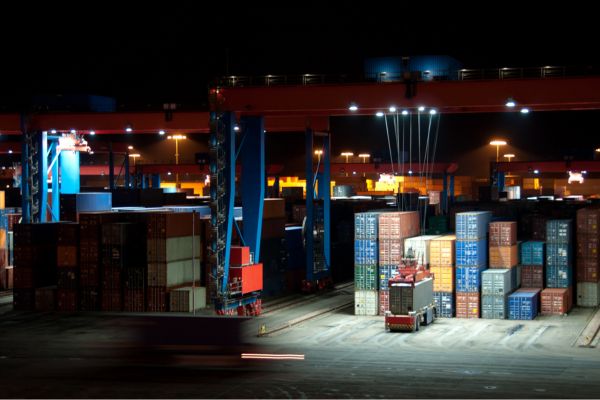Our Commitment
CI/CD, which stands for continuous integration and continuous delivery/deployment, aims to streamline and accelerate the software development lifecycle.
Continuous integration (CI) refers to the practice of automatically and frequently integrating code changes into a shared source code repository. Continuous delivery and/or deployment (CD) is a 2 part process that refers to the integration, testing, and delivery of code changes. Continuous delivery stops short of automatic production deployment, while continuous deployment automatically releases the updates into the production environment.

Automated Testing & Quality Assurance
Implementation of automated testing frameworks that continuously test code throughout the development lifecycle. This includes unit tests, integration tests, and performance tests, ensuring that code changes meet quality standards before they are integrated into the main codebase, reducing bugs and improving software reliability.

Infrastructure as Code (IaC)
Managing and provisioning infrastructure using code rather than manual processes, enabling consistent, repeatable, and scalable environments. This includes the use of tools like Terraform, Ansible, and AWS Cloud Formation to automate the deployment of servers, networks, and other infrastructure components.

CI/CD Pipeline Implementation
Designing and setting up CI/CD pipelines that automate the process of code integration, testing, and deployment. This service includes configuring tools like Jenkins, GitLab CI, or Circle CI to streamline the workflow from code commit to production deployment, ensuring faster and more reliable software releases.

Continuous Monitoring & Logging
Implementing continuous monitoring and logging systems to track the performance and health of applications and infrastructure in real-time. This service includes setting up monitoring tools like Prometheus, Grafana, and ELK Stack (Elasticsearch, Logstash, Kibana) to quickly detect and respond to issues, ensuring high availability and performance.

Containerization & Orchestration
Utilizing containerization technologies like Docker and Kubernetes to create, deploy, and manage applications in lightweight, portable containers. This service includes setting up container orchestration platforms to automate the deployment, scaling, and management of containerized applications, enhancing flexibility and resource efficiency.

